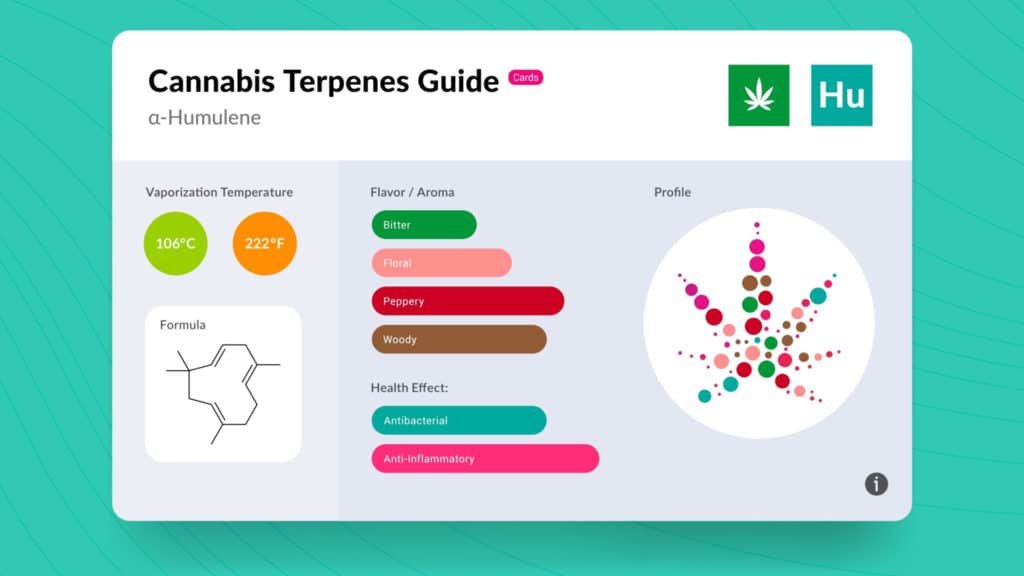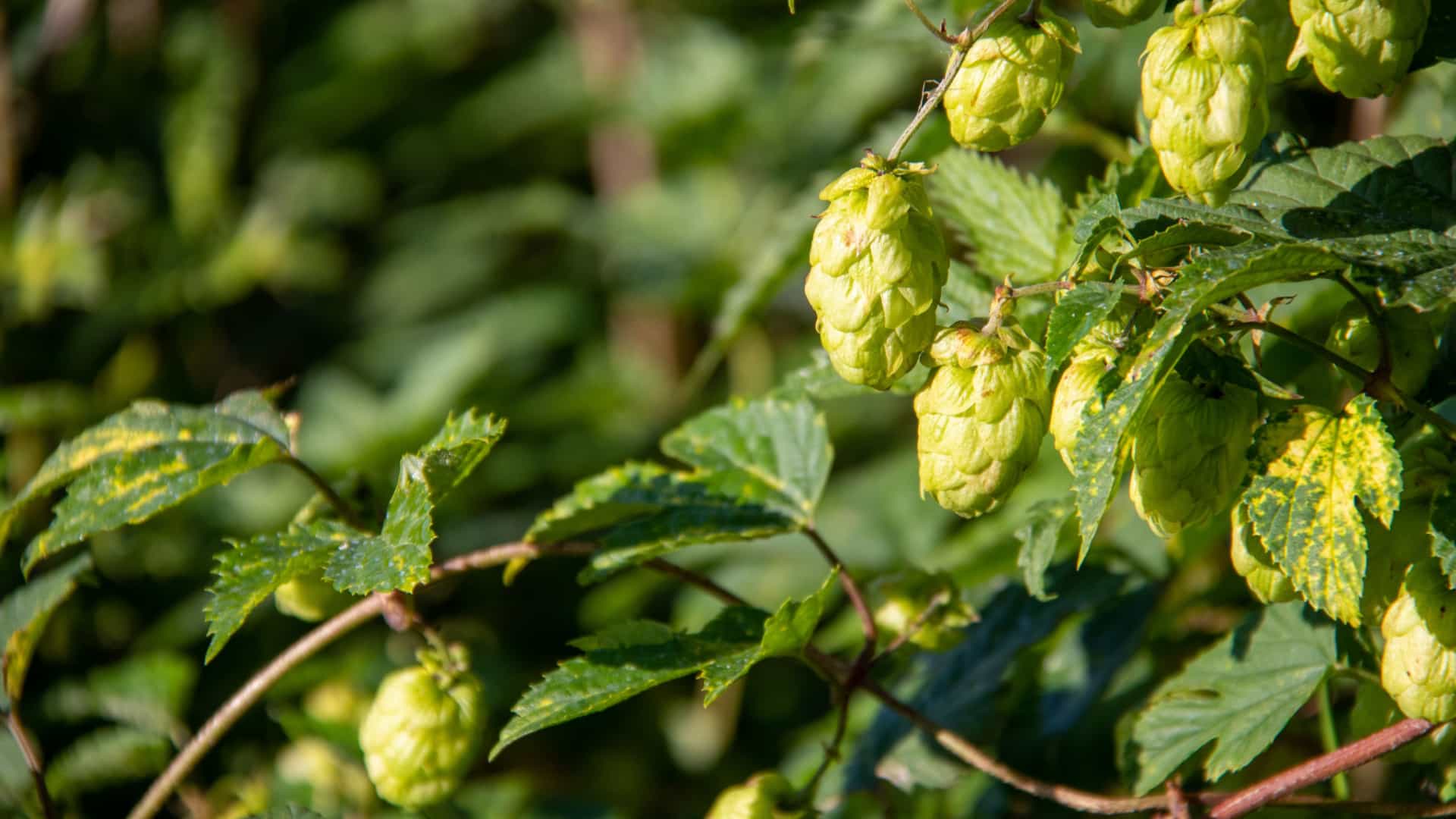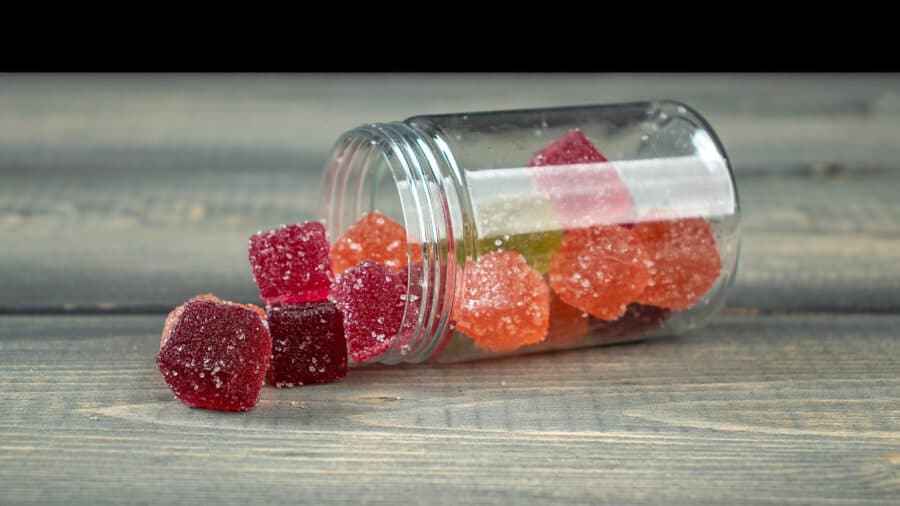Terpene Talk: Humulene
Humulene is the subject of many studies that suggest its medicinal value may be the real deal

It’s the year 822, and you’re the abbot of a Benedictine monastery in the pastoral French countryside. A lone stone vestment standing out against the green, the monastery contains a modest population of monks who tended to the rural folk with care and generosity. Each day the order tends to the sick, helps with domestic duties, and shares the order’s reserves of beer – the main “food” for many monks and the poor – both nutritious, and safer than water during this medieval period.
As the abbot, you take your duties very seriously, and are excited to get to the holy work of updating the official notes. A new ingredient to the usual batch: an unusual, conical flower-like herb called hops. This monastic brewmaster’s recipe would turn the already ancient art of brewing on its head for the rest of time. Hops added a bitterness and aroma so iconic, the Duke of Bavaria would make its addition to beer law in 1516.
And it’s still there in many favorite brews today, striking the back of the tongue with its flavorful bitterness and spicy bite, its uncanny scent herbaceous and earthy.
But hops couldn’t have made these historic leaps without humulene’s help. (Indeed, the plant from which they originate is called Humulus lupulus.) Humulene is a fairly common terpene, and part of a family of compounds that make up essential oils. It’s found in particularly high concentrations in hops, but its distinctive characteristics can also be experienced with plants like sage, ginseng, basil, black pepper, and many strains of cannabis.
These plants have a long history in spiritual practices and folk medicine in cultures all over the world. Sage is renowned for its purification qualities, ginseng and basil are commonly associated with promoting health and luck, and spicy, earthy bitter herbs are popularly employed as a way of warding off negativity.

Western medicine typically scoffs at these arcane and sometimes dubious claims, but humulene is the subject of many studies that suggest its medicinal value may be the real deal. One study speculates it may be part of a group of naturally occurring chemicals capable of terminating cancer cells, and another suggests it could potentially play a vital role in shrinking tumors.
The thing about terpenes is that they occur naturally with other chemicals; trying to parse which chemicals are doing exactly what, why, and how isn’t a straightforward process. But we can infer qualities based on the results of these studies, and the crowd humulene tends to hang out with. Found naturally in plants, humulene is usually part of a group of compounds that protect the plants acting as an antifungal, and studies have shown it also boasts antibacterial properties. In animals, research suggests humulene could have anti-inflammatory properties, and may help suppress appetite.
Humulene’s ability to get along so well with others, means cannabis users who want to try this terpene are in luck because it’s found in strains of every variety, and contributes to a pleasant selection of flavor profiles. You won’t find this terp at the wheel: in flower it’s rarely over a 0.5% concentration, as opposed to major players like pinene or limonene that commonly have closer to 1% or more.
Common in both indicas and sativas, many of the reported side effects in strains featuring humulene are actually pretty similar. There are no definitive studies that prove these effects; anecdotal evidence from users all point to relaxing, lightly seditious experiences that could potentially be helpful in relieving the symptoms of depression, anxiety, insomnia, and gastrointestinal disorders.
But what’s really cool about this terp (nerd alert!), is that the things we love about it – a striking, herby crispness with pleasantly bitter notes, a digestive aid, and an overall relaxing effect – are the same reasons medieval monks added it to their daily liquid bread. Step back in time, and try a strain off this list of baked goods that host humulene as a supporting ingredient:
*Medellin
*Candyland
*Layer Cake
*The Soap
*Thin Mint GSC
*Morris Code
*Planet of the Grapes







